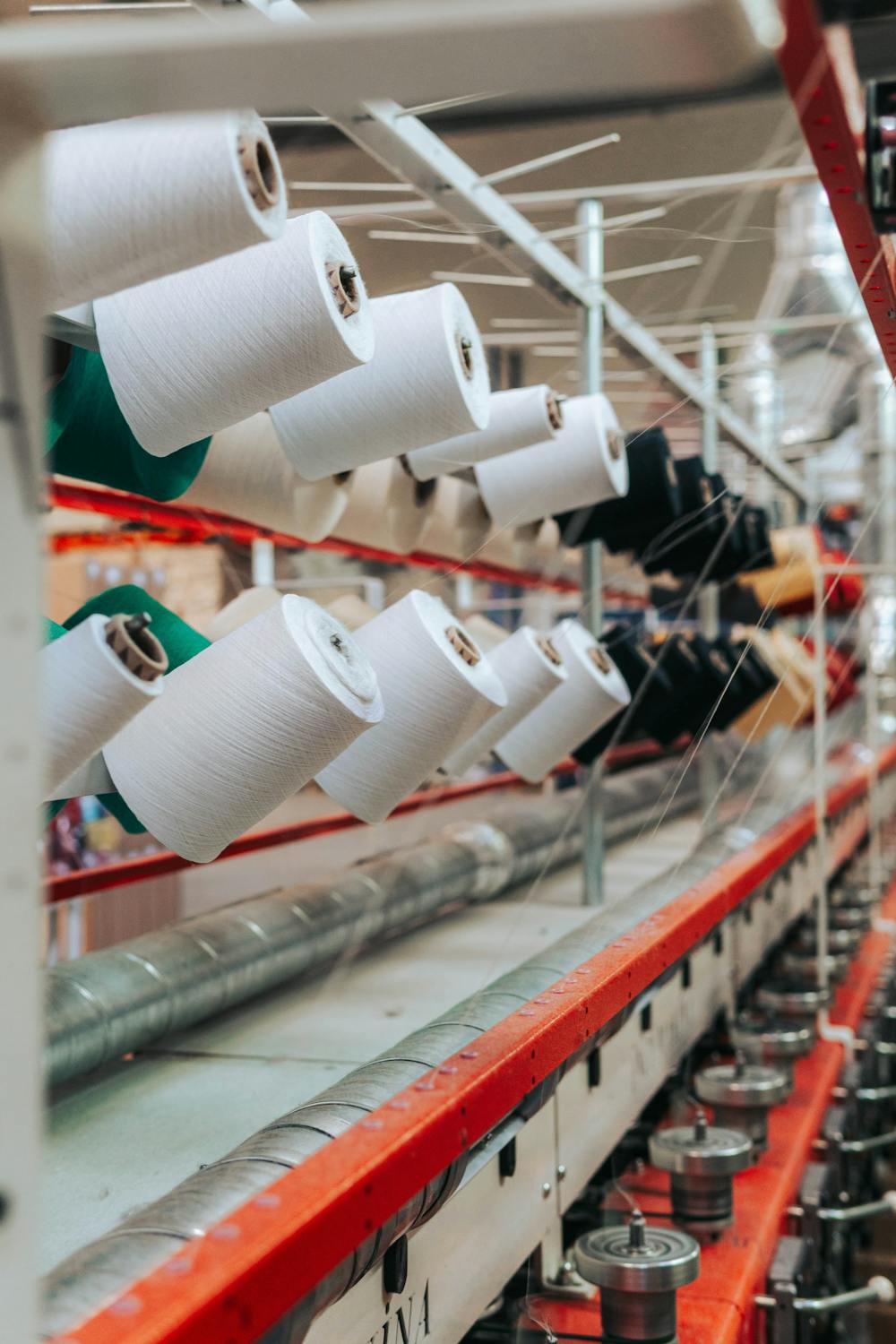
Carbios, a leading French biological technologies firm, has unveiled an innovative automated textile preparation line at its Clermont-Ferrand demonstration plant. This patented system transforms used garments and cutting scraps into raw materials suitable for depolymerization through Carbios' enzymatic biorecycling process, replacing the traditional manual approach. French Minister for Industry Roland Lescure attended the inauguration of this groundbreaking development.
The textile preparation line integrates multiple stages, including shredding and extracting components like buttons and zippers, effectively creating a scalable development tool. Carbios anticipates that this line will significantly enhance its biorecycling capabilities at the plant by the following year.
Enhancing Partnerships and Environmental Impact
Furthermore, the introduction of this advanced line will foster stronger partnerships with local collection and sorting organizations, as they collaborate with Carbios to provide high-quality textiles for enzymatic recycling. The expertise gained during the program's pilot phase will also benefit brands aiming to design products with end-of-life considerations in mind.
Lescure emphasized the significance of textile recycling, with only 13 percent of global textile waste currently being recycled and the remaining 87 percent either ending up in landfills or being incinerated. He praised Carbios for contributing to the establishment of a French recycling industry, addressing a significant obstacle in textile recycling.

Advancing the Textile Recycling Revolution
Carbios CEO Emmanuel Ladent stressed the importance of textile preparation, an essential step for recycling complex fabric blends found in modern apparel. The new preparation line's output seamlessly integrates into Carbios' biorecycling process, enabling closed-loop "fiber to fiber" recycling, a demand from the brands they collaborate with.
The line, capable of processing 300 kg (approximately 661 pounds) of textiles per hour, plays a pivotal role in the Fiber-to-Fiber Consortium, initiated by Carbios in 2022. European sportswear brands such as Puma, Salomon, and On Holding, along with Calvin Klein and Tommy Hilfiger's parent company PVH Corp., are part of this consortium.
It aims to achieve textile biorecycling at a demonstration-plant scale in 2024, with textile collection throughout Europe commencing in 2025, coinciding with the EU's mandate for separate textile waste collection. By 2030, the EU intends to enforce a minimum recycled content requirement for textiles.
About Carbios
Carbios is a French biotechnology company that specializes in developing innovative and sustainable solutions for recycling and producing bioplastics. The company was founded in 2011 and is headquartered in Clermont-Ferrand, France. Carbios focuses on leveraging enzymatic processes to address environmental challenges in the plastics and textile industries.
One of Carbios' primary goals is to revolutionize plastic recycling. The company has developed proprietary enzymes that can depolymerize PET (polyethylene terephthalate) plastics, a common material used in bottles and packaging. By breaking down PET into its constituent monomers, Carbios enables the creation of new PET plastic without the need for virgin petroleum-based materials.